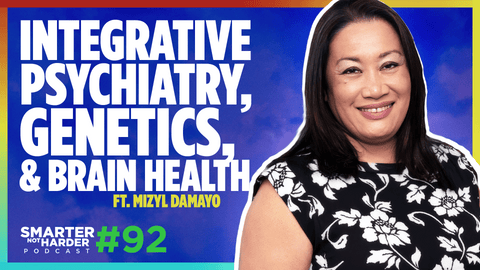Smarter Not Harder podcast
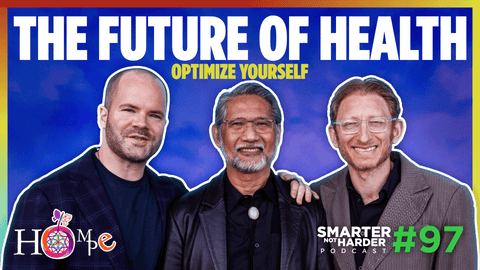
In this episode of the Smarter Not Harder Podcast, join us as we delve into how our non-profit Health Optimization Medicine and Practice (HOMeHOPe) came to be, and learn more about the upcoming HOMeHOPe Symposium taking place on December 11th and 12th in Caesar's Palace, Las Vegas! Discover exciting discussions about foundational health, innovative technology in AI, photobiomodulation, gut health, the impact of cannabis on sexual health, and so much more! This episode highlights the importance of community and continuous health optimization.
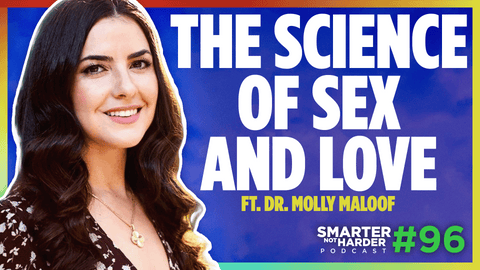
In this episode of the Smarter Not Harder Podcast, Dr. Molly Maloof talks about the profound impact of sexual health on overall longevity. She explores topics such as attachment styles, regenerative medicine, mitochondrial health, trauma, embodied consent, and much more, providing valuable insights for clinicians and individuals alike seeking to optimize their sexual health and relationships.
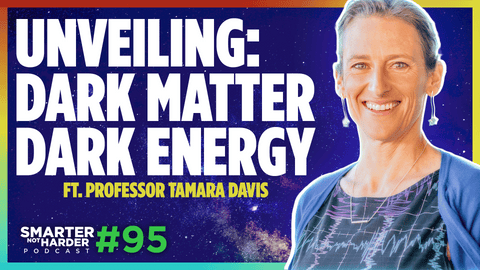
In this episode of the Smarter Not Harder Podcast, Prof. Tamara Davis, PhD, renowned cosmologist and astrophysicist from the University of Queensland, discusses dark matter, dark energy, and the expanding universe, providing insights into the potential of combining quantum physics with general relativity. Explore profound questions about our existence, the future of our universe, and the importance of looking after our planet.
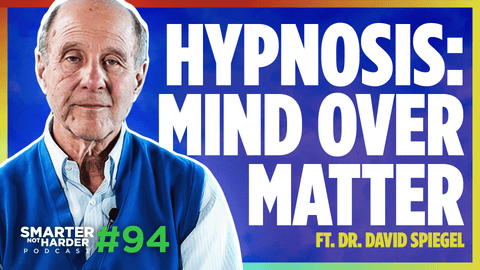
In this episode of the Smarter Not Harder Podcast, Dr. David Spiegel discusses the science of hypnosis and its potential to manage pain, stress, and chronic illness, offering real benefits in well-being and cancer care. Discover how mind-body techniques offer real benefits and Dr. Spiegel's insights from over 50 years of research.
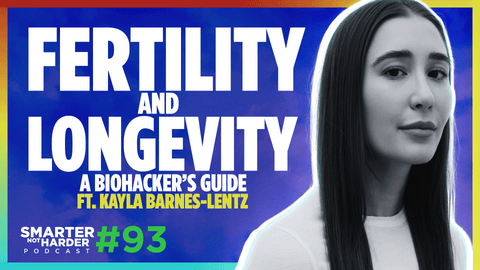
In this episode of the Smarter Not Harder Podcast, Kayla Barnes-Lentz discusses fertility planning, reducing toxic burden, and effective stress management for optimal health. Learn practical health tips and discover insights on biohacking specifically tailored for women.

